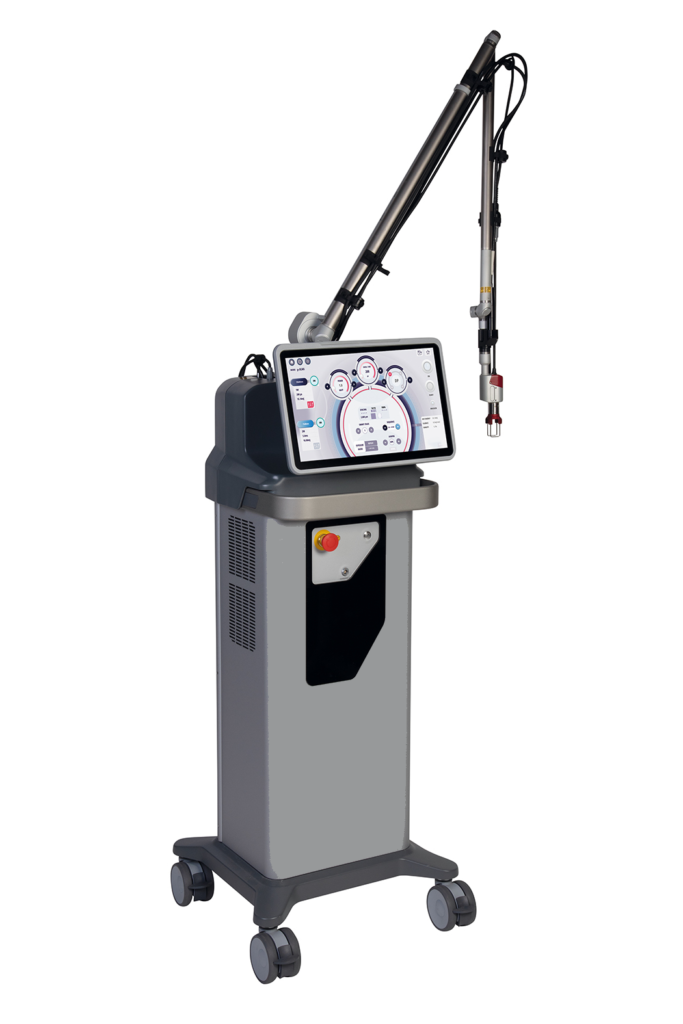Laser for intimate and urinary disorders
Menopausal genitourinary syndrome (MGUS) is a common condition in post-menopausal women, characterized by vaginal dryness, pain during intercourse, frequent urination and urinary incontinence. Laser treatment is increasingly used to treat these symptoms.
Why LASER?
The fractional CO2 laser is often used to treat vaginal dryness and pain during intercourse. This technique involves applying a beam of fractionated laser light to the vaginal wall to stimulate the production of collagen and elastin, helping to restore suppleness and elasticity to the vaginal wall. This technique can also help reduce pain during intercourse.
Laser treatment for urinary incontinence uses a technique called thermocoagulation, which involves applying a beam of laser light to heat the urethral tissues. This technique stimulates the production of collagen, which strengthens urethral tissue and helps reduce urine leakage.
The benefits of laser treatment for MGS include significant symptom improvement, a non-invasive and pain-free procedure, and rapid recovery times. Results are often long-lasting, with significant symptom reduction over several years.

The procedure itself is quick and easy, often performed on an outpatient basis, and does not require general anesthesia. Patients may experience a slight sensation of heat during the procedure, but this is generally tolerable. Side effects are rare, but may include mild pain or vaginal irritation.
The benefits of laser treatment for MUMS are numerous. In addition to relieving symptoms associated with MUMS, the treatment can also improve overall vaginal health by stimulating collagen production and strengthening urethral tissues. It can also help reduce the risk of vaginal and urinary tract infections, as well as improving patients' overall quality of life.
Tell us about your needs
An expert will get back to you to discuss the various solutions.